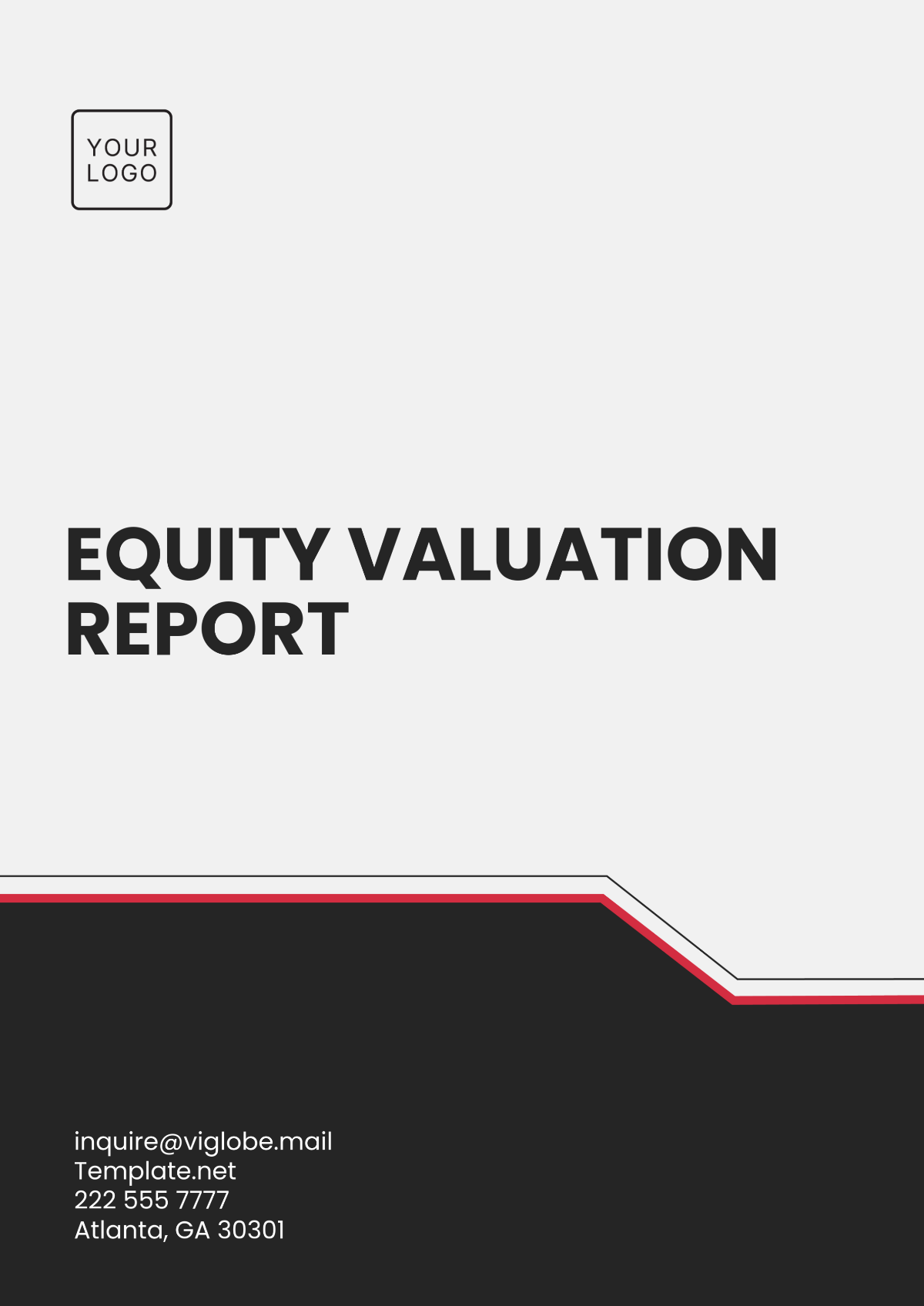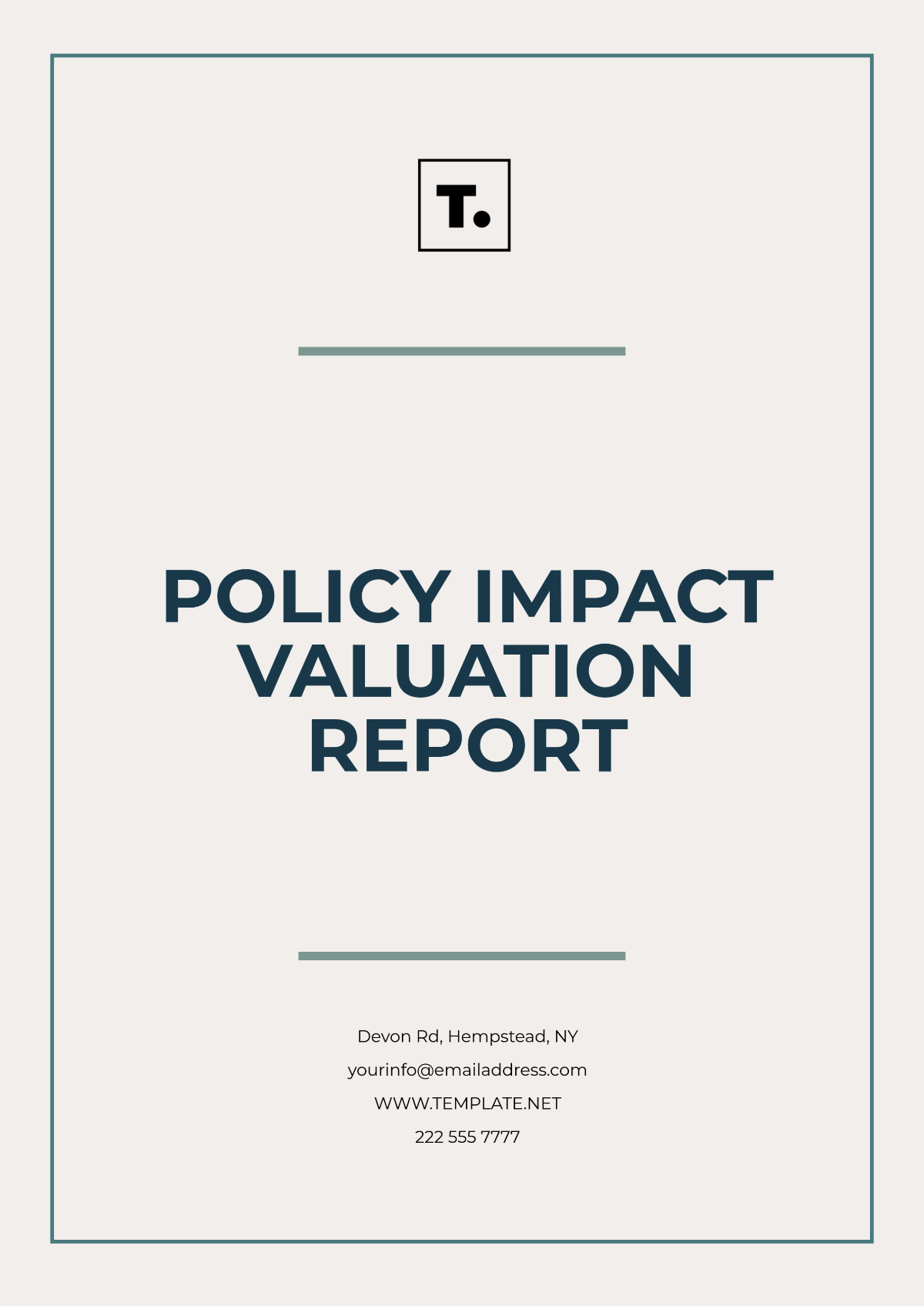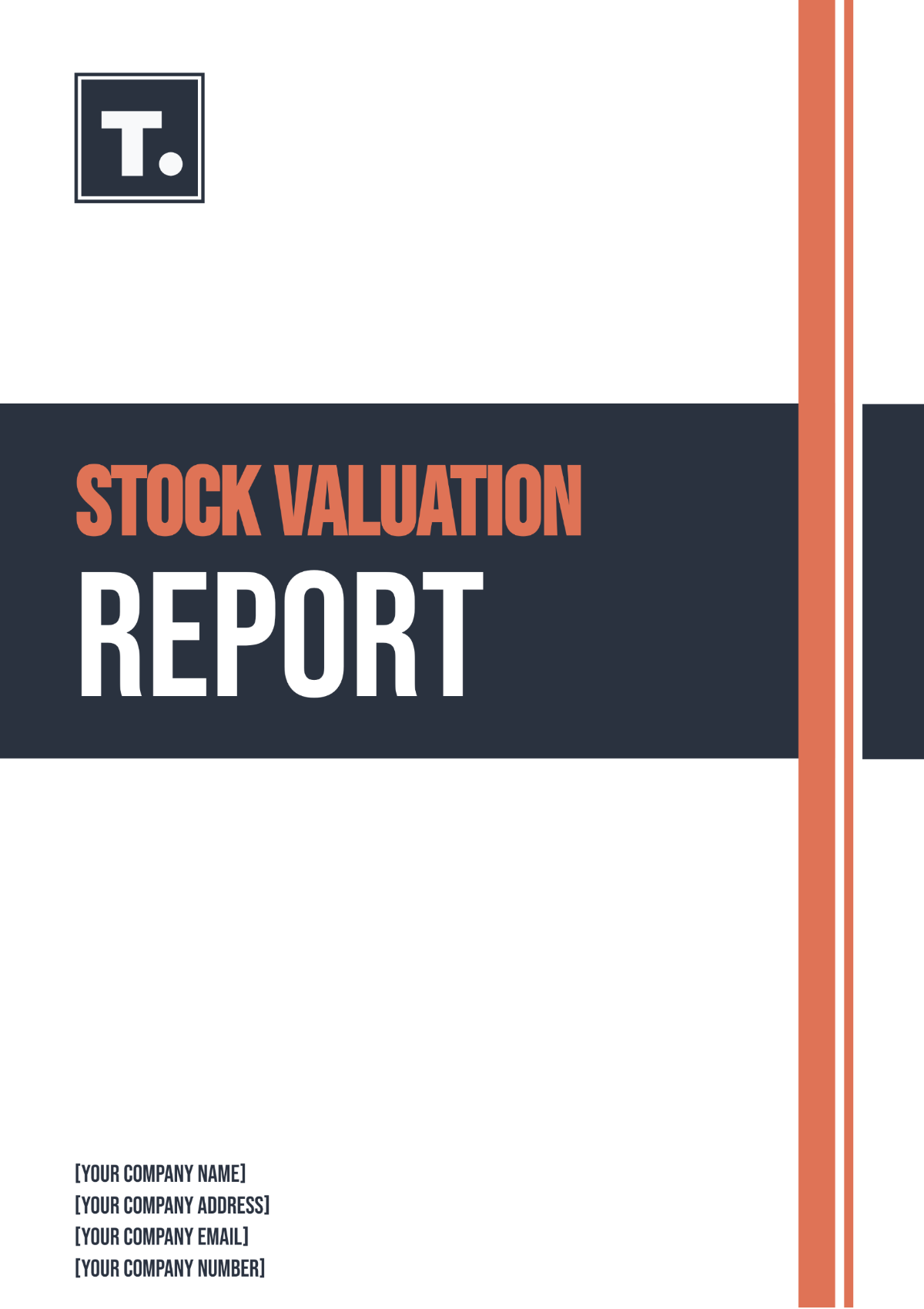Share Valuation Report Design
Introduction
This report aims to provide a comprehensive analysis and forecast of share valuations leading up to the year 2060. The assessment includes an examination of current market trends, economic indicators, technological advancements, and sociopolitical changes that could impact share valuations over the next few decades.
Current Market Overview
The financial markets in 2060 exhibit a mixture of volatility and growth potential. Key sectors, including technology, healthcare, and energy, are experiencing rapid transformation driven by innovation and changing consumer demands. Accurate forecasting requires an understanding of these dynamics, historical market data, and predictive modeling techniques.
Key Economic Indicators
Indicator | Value | Comment |
|---|---|---|
GDP Growth (2023) | 3.1% | Steady post-pandemic recovery |
Inflation Rate | 2.8% | Close monitoring required |
Unemployment Rate | 4.5% | Stable but uneven across sectors |
Long-Term Forecasting Methodologies
Forecasting share valuations for a horizon as extended as 2060 necessitates a robust methodological approach. Several techniques and models are used:
Discounted Cash Flow (DCF) Analysis
Econometric Models
Scenario Analysis
Monte Carlo Simulations
Discounted Cash Flow (DCF) Analysis
DCF remains a cornerstone in share valuation, utilizing projected free cash flows and discounting them back to present value using an appropriate discount rate. This approach accounts for the time value of money but is sensitive to the accuracy of cash flow projections and discount rate selection.
Econometric Models
These models examine historical data, identifying correlations and causations between different economic variables and share performance. Econometric models are employed to simulate the potential impact of various macroeconomic factors on share prices.
Sectoral Analysis
An exploration of key industries provides insight into which sectors may outperform over the next several decades, influenced by technological disruption, consumer behavior shifts, and regulatory changes.
Technology Sector
The technology sector is expected to continue its dominance due to advancements in artificial intelligence, machine learning, and quantum computing. Companies pioneering in these fields are likely to see significant valuation increases.
Healthcare Sector
Increased life expectancy and an aging population will drive the demand for innovative healthcare solutions. Investments in biotech and personalized medicine are expected to yield substantial returns for shareholders.
Energy Sector
The transition to renewable energy sources, alongside advancements in energy storage technology, is poised to reshape the energy market. Companies leading in sustainable and clean energy solutions may observe escalating valuations.
Impact of Technological Advancements
Rapid advancements in technology serve as both a disruptor and an enabler in the global market. Key developments to monitor include:
Artificial Intelligence and Automation
Blockchain Technology and Cryptocurrencies
Quantum Computing
5G and Beyond Connectivity
Environmental and Sociopolitical Influences
Environmental issues, such as climate change, and sociopolitical factors, including regulatory changes and geopolitical tensions, can significantly impact share valuations. Businesses incorporating sustainability in their operations may attract more investors and enjoy a premium valuation.
Environmental Impact
Adoption of environmentally sustainable practices increasingly influences company valuations as investors prioritize ESG (Environmental, Social, and Governance) criteria in their investment choices.
Geopolitical Dynamics
Trade wars, policy changes, and international relations can create market shocks, impacting shareholder value. Companies with diversified global operations may better navigate these uncertainties.
Conclusion
The future of share valuations leading up to 2060 is fraught with uncertainty yet ripe with opportunity. Leveraging advanced modeling techniques and remaining vigilant of emerging trends will empower investors to make informed decisions. Sectors capitalizing on technological innovations, sustainability, and adaptability are poised to deliver substantial returns.
Recommendations
Investors are advised to:
Stay informed on technological and regulatory developments
Diversify portfolios across sectors and geographies
Incorporate ESG criteria in investment decision-making
Consider long-term impacts of macroeconomic indicators on share performance
This report underscores the importance of strategic foresight in navigating the complexities of future share valuations. Continuous monitoring and adjustment of investment strategies will be essential to capitalize on future market dynamics.






























